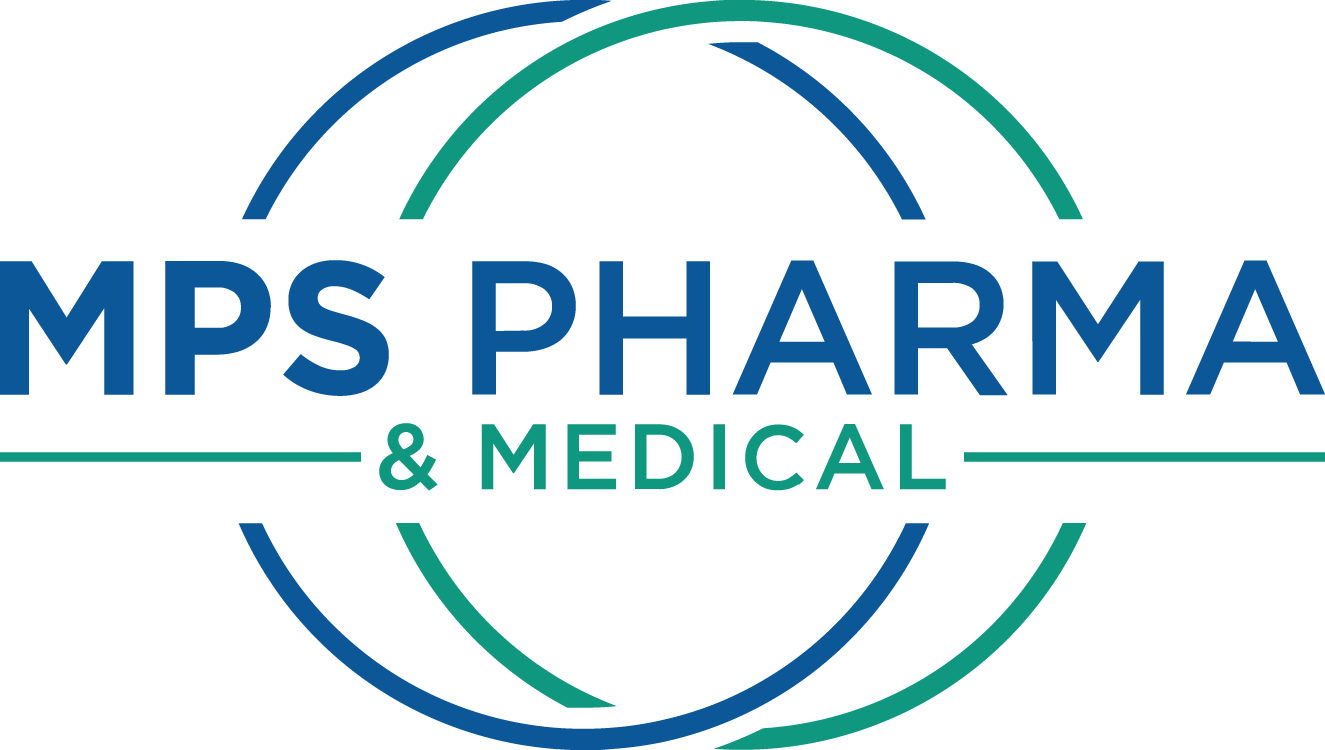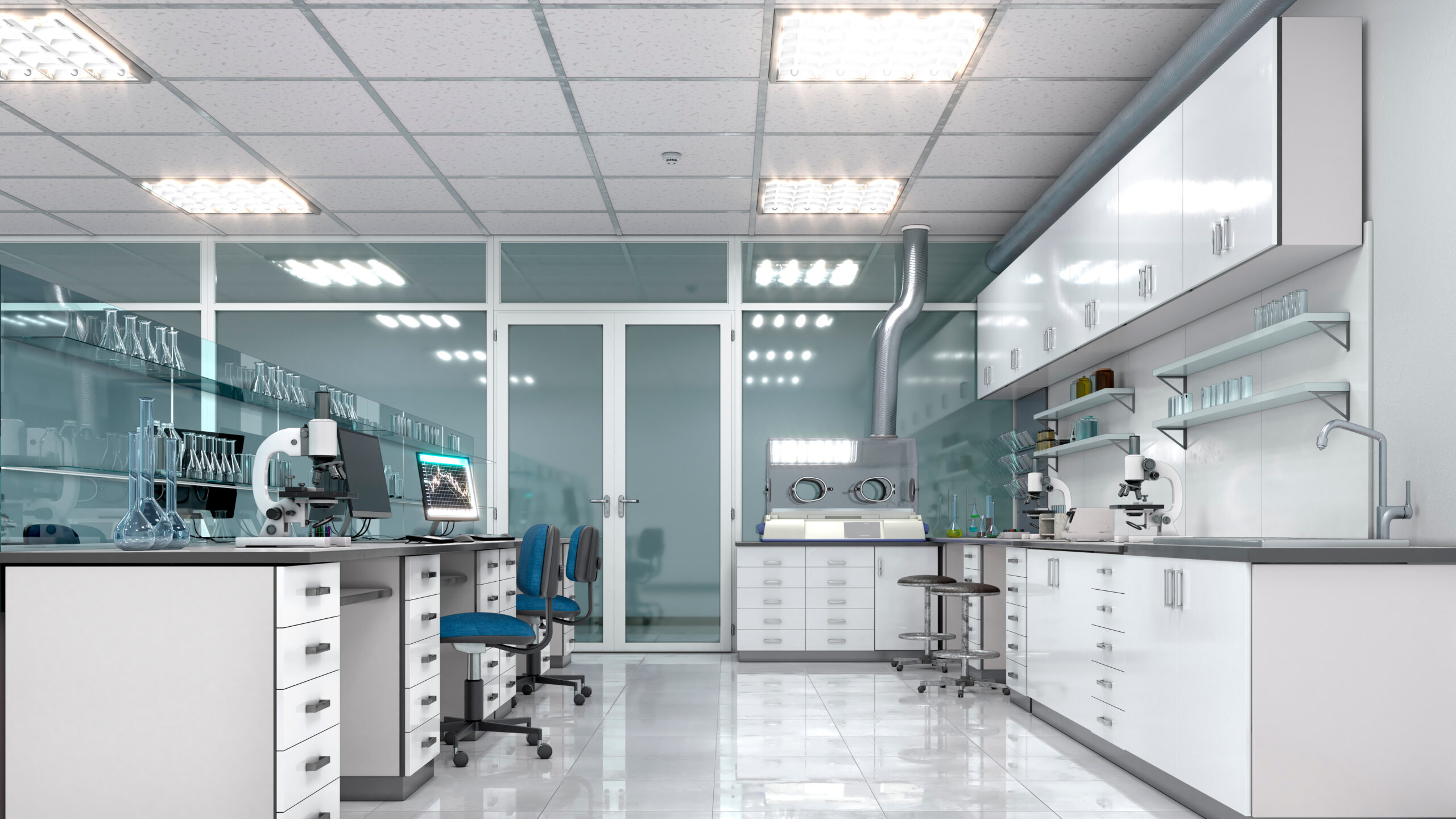Compounding Pharmacies: Changing the Perception of Medicine
Everyday new technology is being developed that improves our quality of life and those around us. In the tech world, change comes fast however in the world of medicine it is perceived that change must move slow or sometimes not at all. But why must we limit our thinking in this manner when it comes to medicine?
What are compounding pharmacies?
The common image of pharmacy dispensing may be limited to the retail pharmacy conglomerates like Rite Aid or Walgreens, who focus on retail and prescription dispensing. Compounding pharmacies however aren’t just limited to retail sales and the dispensing of prescription pills. They have special skill sets (and certifications) in which they can custom tailor patient specific medication. There are two general types of compounding – sterile and non-sterile compounding. And of these there are two regulatory categories: 503A and 503B Facilities
The world of compounding pharmacies can get quite complicated and their need is paramount to proper patient care. Think of the need these compounding pharmacies fulfill analogous to a tailor. When being fitted for a new outfit, the wearer may have found it to be too loose around the waist or they wish they could shorten the sleeves. To best correct this outfit they would be measured, and the outfit would be altered by the tailor to get that ‘perfect fit’.
Like a clothing tailor taking measurements, compounding pharmacies are certified and able to meet the specific needs of their patients. Allergies, dosage forms, flavors and other factors can be considered to provide the patient with a ‘perfect fit’ medication. While this may all sound like a one-off niche need, this isn’t necessarily true. Of the 56,000 pharmacies in the USA, 7,500 of them specialize in compounding. [1] The compounding pharmacy market itself is expected to reach $8.9 billion in 2019. [2]
What are some of the benefits?
While the below isn’t meant to be a comprehensive list, here are four major benefits compounding pharmacies provide to their patients.
Benefit 1. Customizing ingredients: Compounding pharmacies exist to customize medications. Some patients cannot be dosed with preservatives and need these removed. As mentioned earlier in this article, this could also mean the absence of certain additives which are found in commercially available drugs that a patient may have a severe allergic reaction to, like preservatives and dyes. Common additives may include peanut [3] or wheat [4] based ingredients. Both are known additives that can severely harm patients with peanut allergies or Celiac disease respectively.
Benefit 2: Customizing flavors: Very young children or pets who need medicine may not comply with their dosages when they experience a bitter taste. A compounding pharmacy can change the flavor of a compounded medication to something the child or pet will have an easier time consuming with a simple flavoring additive. This can be a critical need in ensuring patients, especially those who must follow a strict drug regiment, are fully compliant.
Benefit 3: Autologous Serum Tears: A compounding pharmacist is capable of compounding tears derived from a patient’s own blood. These can be life changing for patients who don’t respond well to over-the-counter drops.
Benefit 4: Compounding for Drug Shortages: With the correct regulatory needs fulfilled (and they are far too numerous to list for a single article), compounding pharmacies can supply medications that aren’t commercially available due to shortage. These needs can come quickly and without warning. When Hurricane Maria struck Puerto Rico, 5 of the 10 world’s top drug manufacturers were affected in the disaster’s aftermath [5]. For some of the most vulnerable patients, this ability can be lifesaving.
References:
- https://www.pharmacist.com/frequently-asked-questions-about-pharmaceutical-compounding
- https://www.ibisworld.com/industry-statistics/market-size/compounding-pharmacies-united-states
- https://www.drugs.com/inactive/peanut-oil-42.html
- https://www.fda.gov/drugs/ensuring-safe-use-medicine/medications-and-gluten
- https://www.pharmacytimes.com/news/drug-shortages-continue-to-be-a-challenge

 0
0
